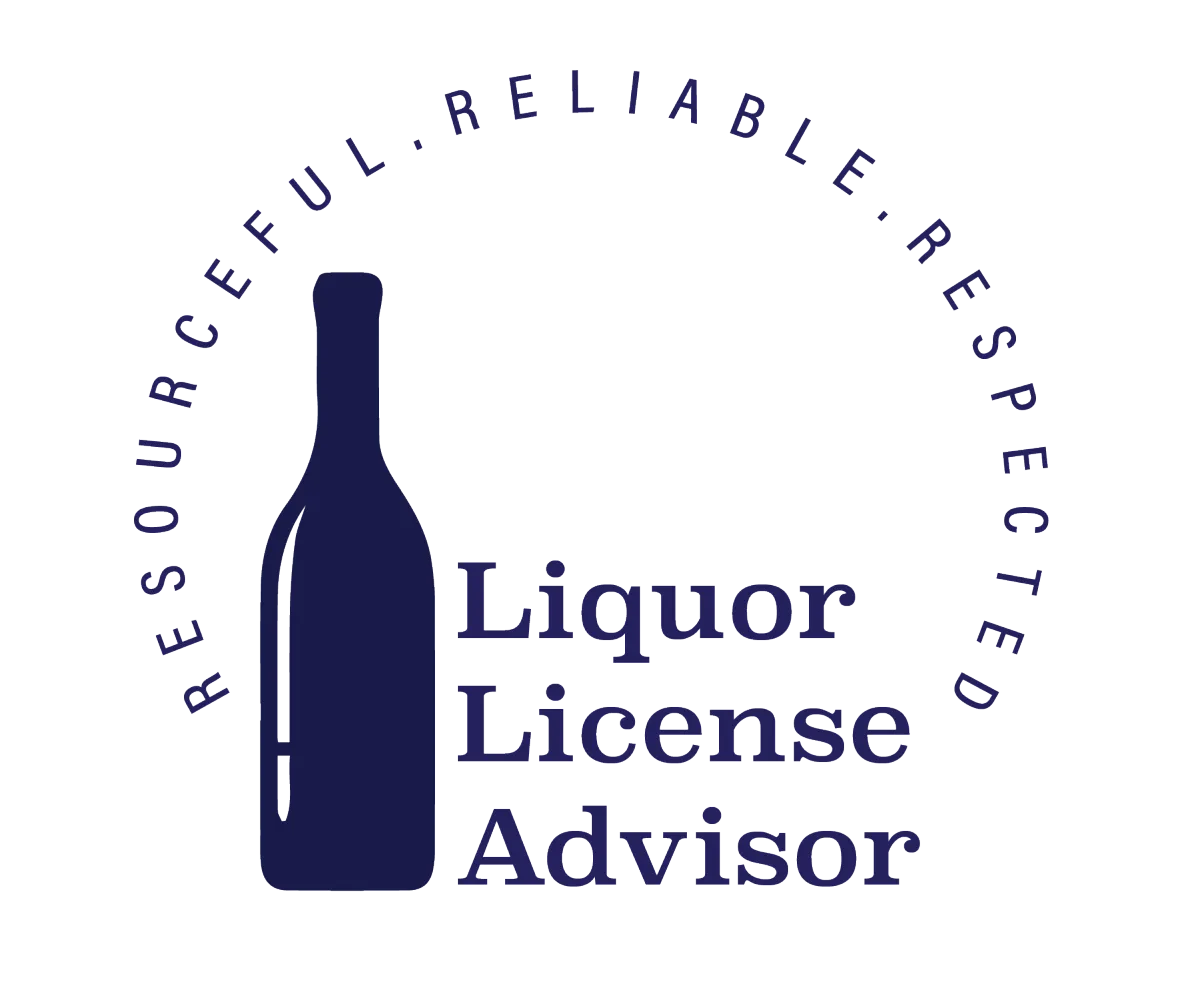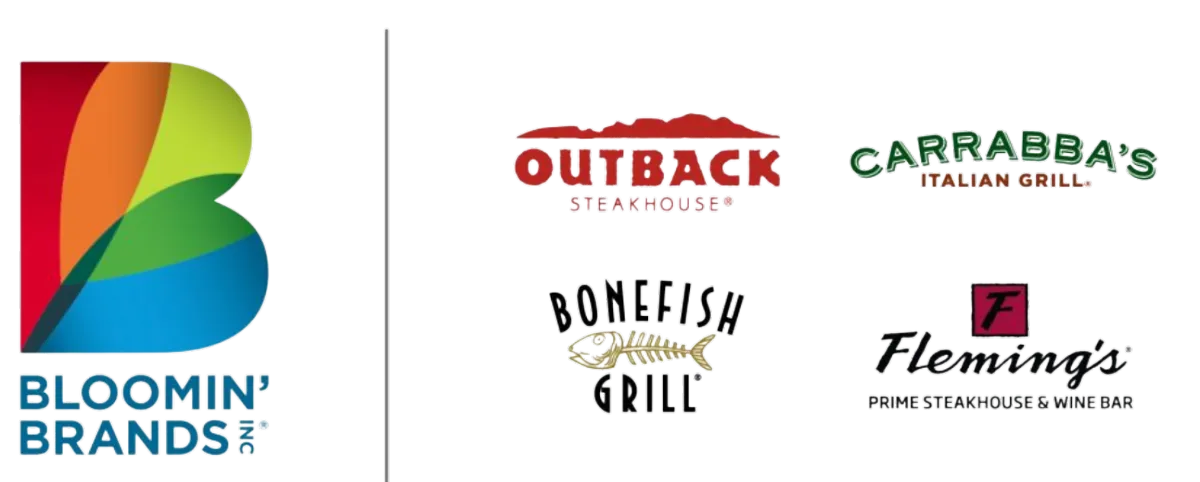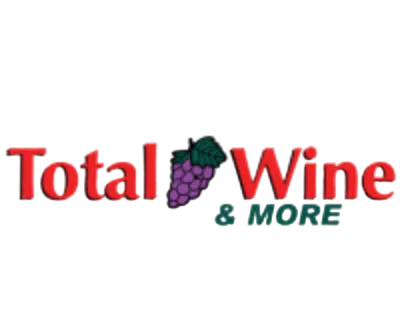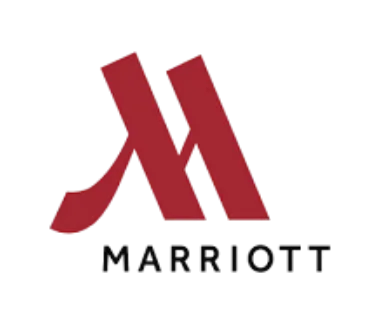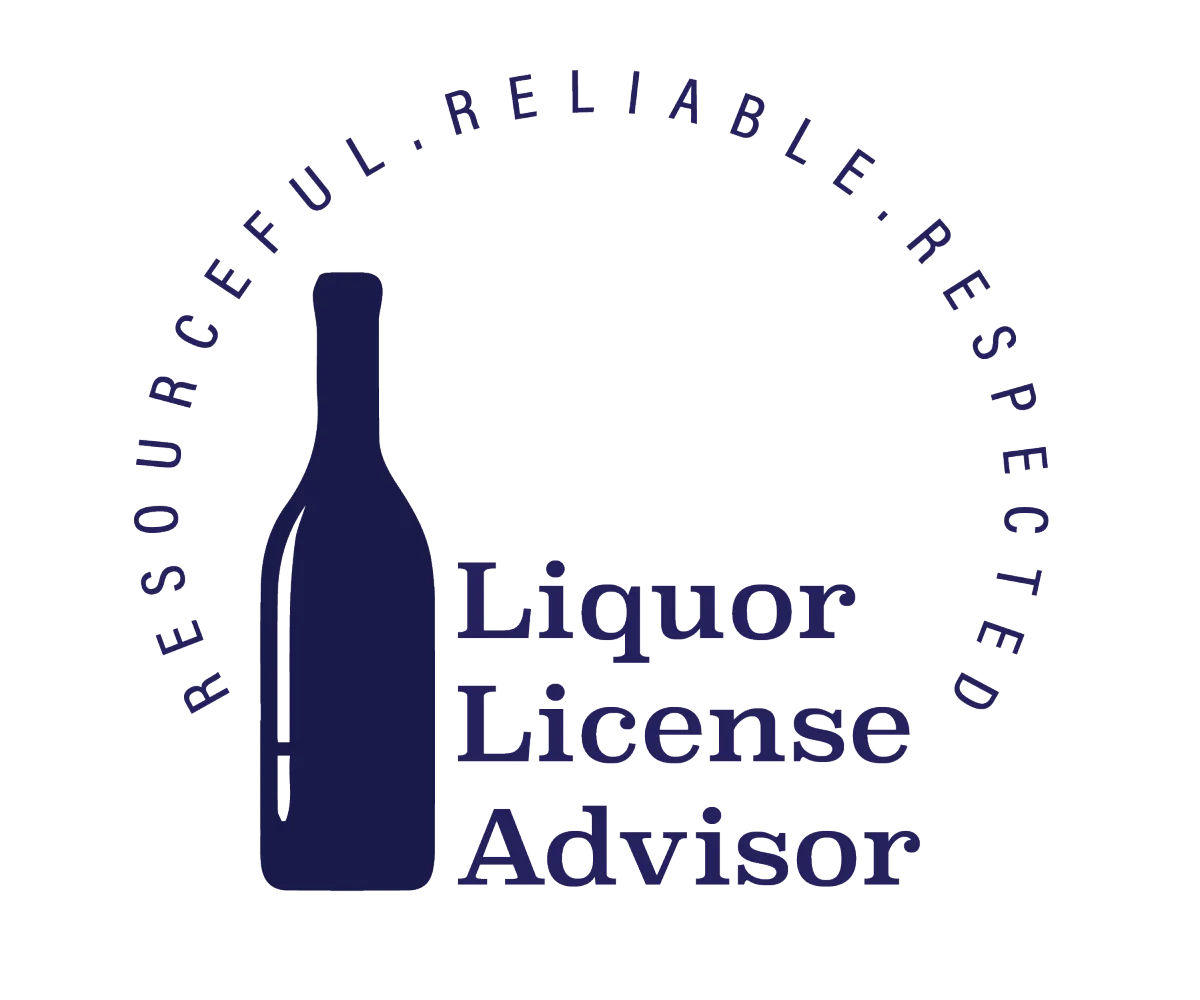Liquor License Advisor helps businesses navigate the complex world of liquor licensing with clarity, confidence, and speed. We work with restaurant groups, national retailers, landlords, liquor store owners, and their advisors to buy, sell, and optimize liquor licenses across the country.
Our work spans three divisions: Liquor License Advisor, the go-to partner for multi-state licensing and compliance strategy; Retail Beverage Partners, which specializes in licensing for landlords, big-box retailers, and store-in-store projects; and Liquor Store Advisor, focused on brokerage, referrals, and strategic acquisitions of liquor stores and licenses.
At every level, we’re known for simplifying the process, delivering white-glove service, and getting deals done, even when they’re complex, high-stakes, or time-sensitive. If it involves a liquor license, we know how to handle it.
